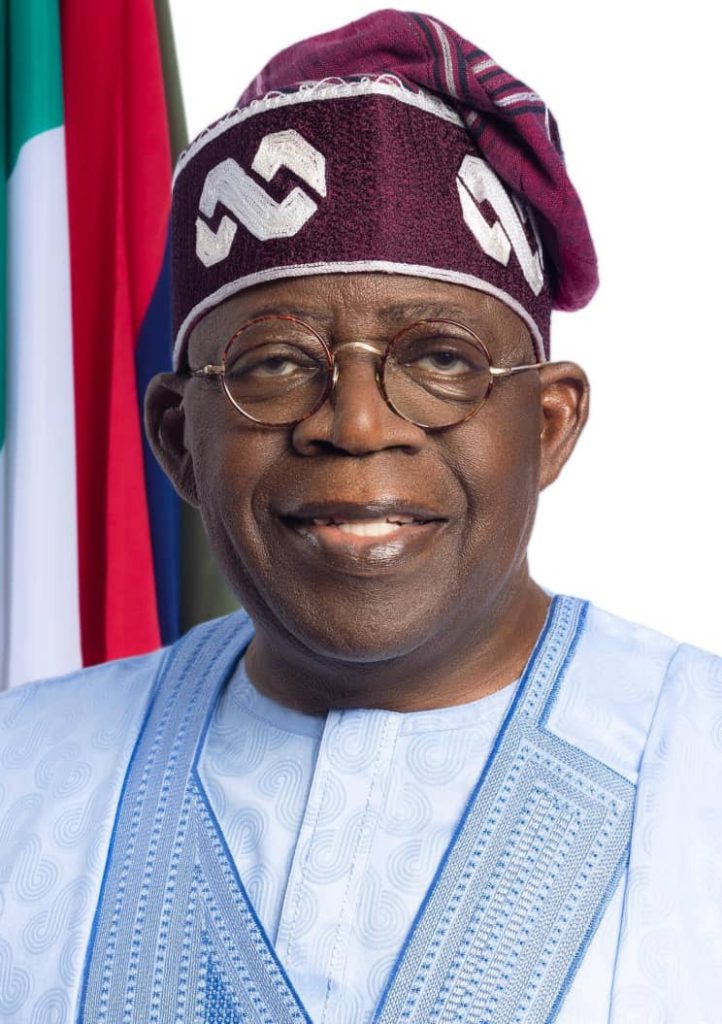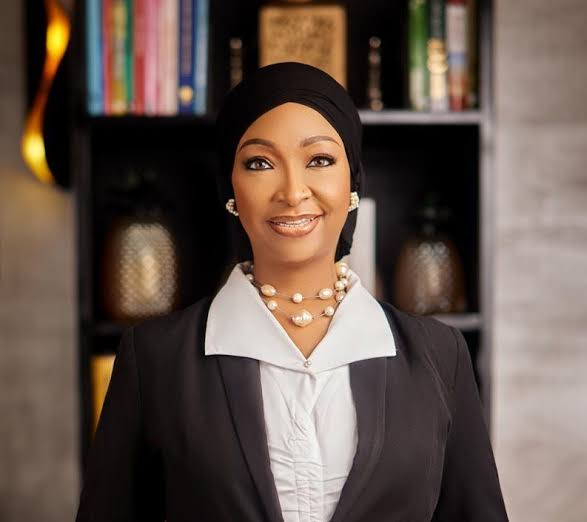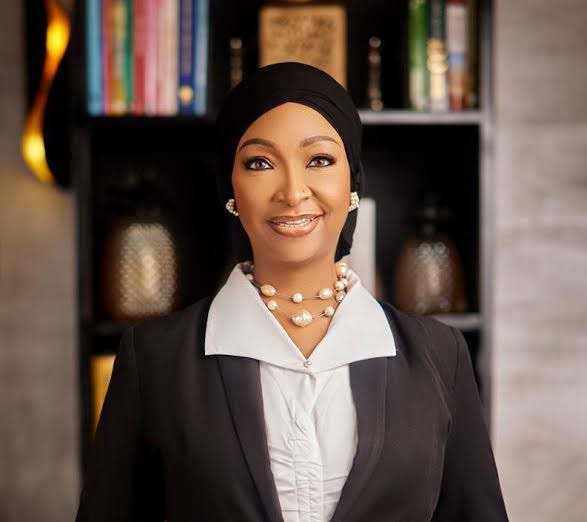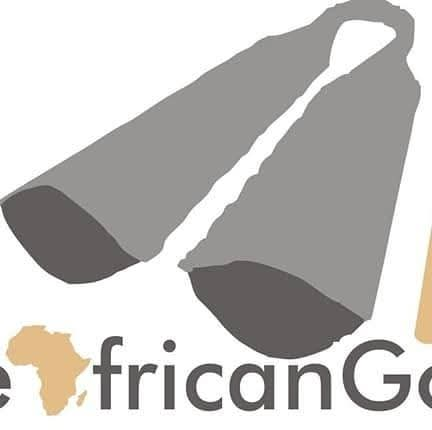
By Frank Meke
Nigeria’s Minister of Culture, Tourism and Creative Economy, Hannatu Musa Musawa, is once again courting controversy. The Katsina-born minister, whose tenure has so far been marked by bold optics, unconvincing outings, and a seeming desire to outshine her contemporaries in government, has announced plans to inaugurate a Federal Task Force to “secure Lagos from traffic congestion and crowd control failings.” According to her, the initiative — allegedly approved by the Federal Executive Council — aims to reposition Lagos, the “City of Aquatic Splendour,” as Nigeria’s premier tourism destination.
Musawa, who is no stranger to political theatrics, told State House correspondents that the Lagos State Government had failed to adequately address concerns about crowd control and event safety. She went further to claim that the city’s persistent traffic congestion and alleged safety lapses had “sparked calls” for improved regulation of large public gatherings.
To the uncritical observer, Hannatu’s statement might sound like a well-meaning intervention. But a deeper look at Lagos’ verifiable records in security management, traffic control, and tourism development exposes what appears to be another episode of political showmanship.

In recent years, Lagos has successfully hosted the Inter-Ferry and Boat Conference, the first electronic boat race in Africa, and countless large-scale entertainment and trade events. Incidents of carjacking and related crimes have declined, nightlife has rebounded, and the hospitality sector continues to thrive with massive patronage. Commerce, culture, and creativity pulse through the veins of the city — a hub that generates billions in daily economic activity.
At the Ministry of Tourism, Arts and Culture, Commissioner Toke Benson-Awoyinka has been a visible and tireless advocate for innovation and collaboration, constantly engaging investors and addressing stakeholder concerns. Lagos’ traffic management has gone digital, and while challenges persist, the response of its traffic control agencies to emergencies has been impressive. The city’s intermodal transport system — connecting road, rail, and waterways — remains a model for other urban centres, including Musawa’s home state of Katsina.
Yes, accidents and security infractions do occur occasionally, as they do in global tourism hubs. But for the Minister to “snitch” on Lagos and propose a federal task force to “rescue” it reeks of political bitterness and misplaced rivalry.
Initially, I had intended to ignore Musawa’s latest antics. But repeated calls and messages from concerned industry stakeholders drew my attention to her sweeping indictment of Lagos — a state that has consistently served as Nigeria’s tourism and creative capital. Her proposal, frankly, reflects intellectual laziness and a poor grasp of sustainable tourism strategy.
It is doubtful that the Federal Executive Council truly approved such a wasteful and ill-conceived proposal. If it did, then perhaps it was merely to keep the minister occupied with yet another exercise in futility. Why Lagos, and not Katsina? One wonders.

Similarly, the supposed initiative by the Obi Asika-led National Council for Arts and Culture (NCAC) to “manage Nigeria’s festive season brand” seems equally uninspired. While festivals, concerts, and cultural events undoubtedly form part of our tourism ecosystem, it is misguided to cherry-pick a few and market them as a national brand. That responsibility more appropriately lies with the Nigerian Tourism Development Authority (NTDA) — the agency with the mandate and technical depth to curate and market Nigeria’s tourism calendar.
If Musawa is truly interested in advancing Nigeria’s cultural and creative economy, she should start by mapping out the strengths and overlapping mandates of the twelve or so agencies under her ministry. Collaboration — not competition — should drive her leadership philosophy.
Properly aligned and strategically coordinated, these agencies could create measurable jobs, attract investments, and generate wealth while repositioning Nigeria’s cultural tourism industry for global recognition.

Unfortunately, Musawa seems more enamoured with newspaper headlines than with tangible reforms. Her obsession with optics — wrapped in the “Renewed Hope Agenda” slogan — betrays a shallow understanding of Nigeria’s diverse tourism assets and their immense potential.
Her Federal Task Force on Tourism and Event Safety is, therefore, a desperate and unnecessary move — one that reveals more about political insecurity than policy innovation.
In truth, Hannatu Musawa’s so-called “Detty December” proposal is dead on arrival.
Eko (Lagos) no be for show.
